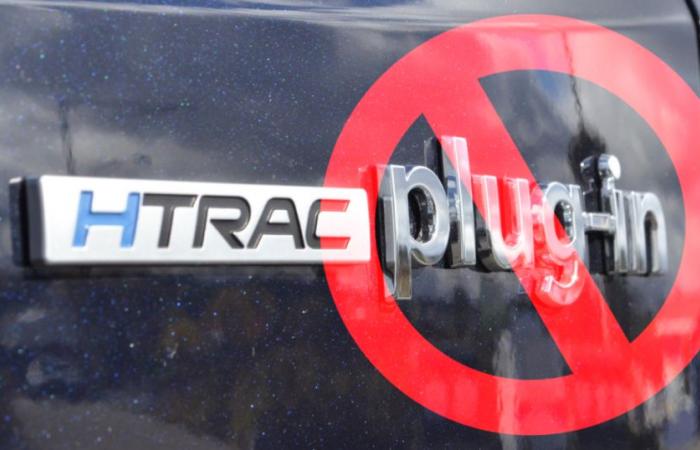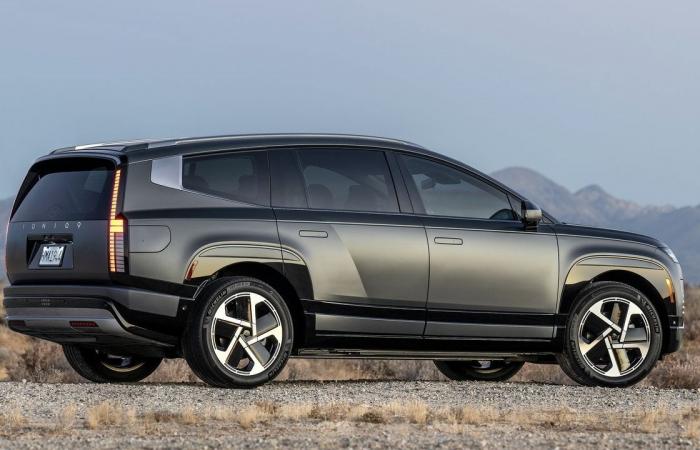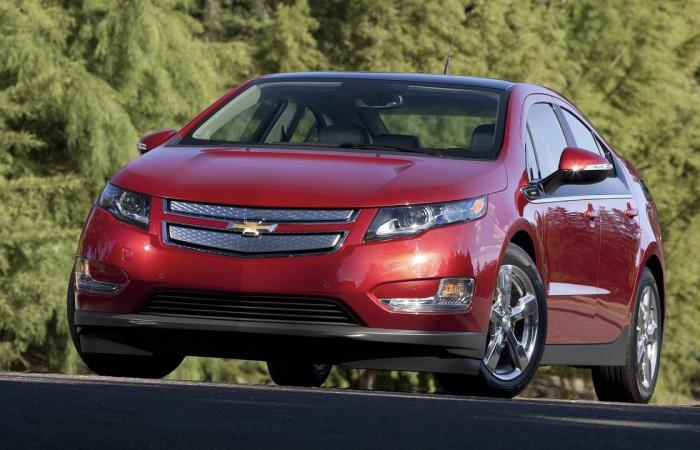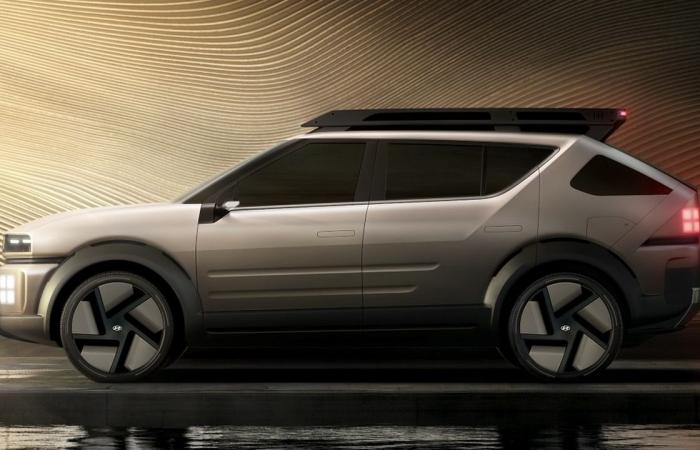You have to have your head in the sand not to understand that the automotive world is changing, that manufacturers are currently experiencing one of the most important periods in their history. It is not an easy thing to abandon thermal engines, a technology that has evolved over more than 100 years, in favor of a new, booming avenue, electrification.
Hyundailike almost all other manufacturers, is learning with different approaches to electrification. We essentially rely on 4 main schools of thought in this area: hybridization, rechargeable hybridization, electric with range extender, electric. While we have multiplied hybrids and electrics, their two central currents are procrastinating a little more.
The end of PHEVs
Hyundai, like many consumers, has realized the limits of plug-in hybrid technology. Customers are tired of the weakness of electric motors, of the combustion engine starting at the slightest opportunity and, even worse, of the limits of purely electric range.
During the preview unveiling of the 2026 Hyundai IONIQ 9, we had the opportunity to meet Mme Olabisi Boyle, Senior Vice President, Product Planning and Mobility Strategy, Hyundai Motor North America, who shared with us the directions Hyundai and Kia will take in powertrains over the coming years. She confirmed to us that the future most certainly involves fully electric vehicles, just a little later than expected. We must therefore compensate for this slowdown with additional offers for consumers.
Hyundai currently offers only one model in its range with plug-in hybrid technology, the Tucson. The combined power is 268 horsepower, 97 of which (72 kilowatts) come from the electric motor. It comes with a 13.8 kilowatt-hour battery that allows a range of around 53 kilometers in full electric mode. The 1.6-liter turbocharged 4-cylinder combustion engine then takes over. According to Mme Boyle, buyers want more, especially on the autonomy side.
Salvation through range extenders
According to the manufacturer’s analyses, plug-in hybridization as we know it has reached the end of its course. We must go further. She says that the motorization must now be reversed. In the (very) near future, the main engine will be electric, with a more powerful electric motor and a larger battery for better efficiency. It therefore confirms that current PHEVs are on the verge of disappearing. Hyundai will instead offer more advanced technology, closer to full electrification with a range extender configuration. We are aiming for a basic autonomy which will exceed 100, even 150 kilometers. In addition, with a more powerful electric motor, accidental starts of the thermal engine will be almost zero.
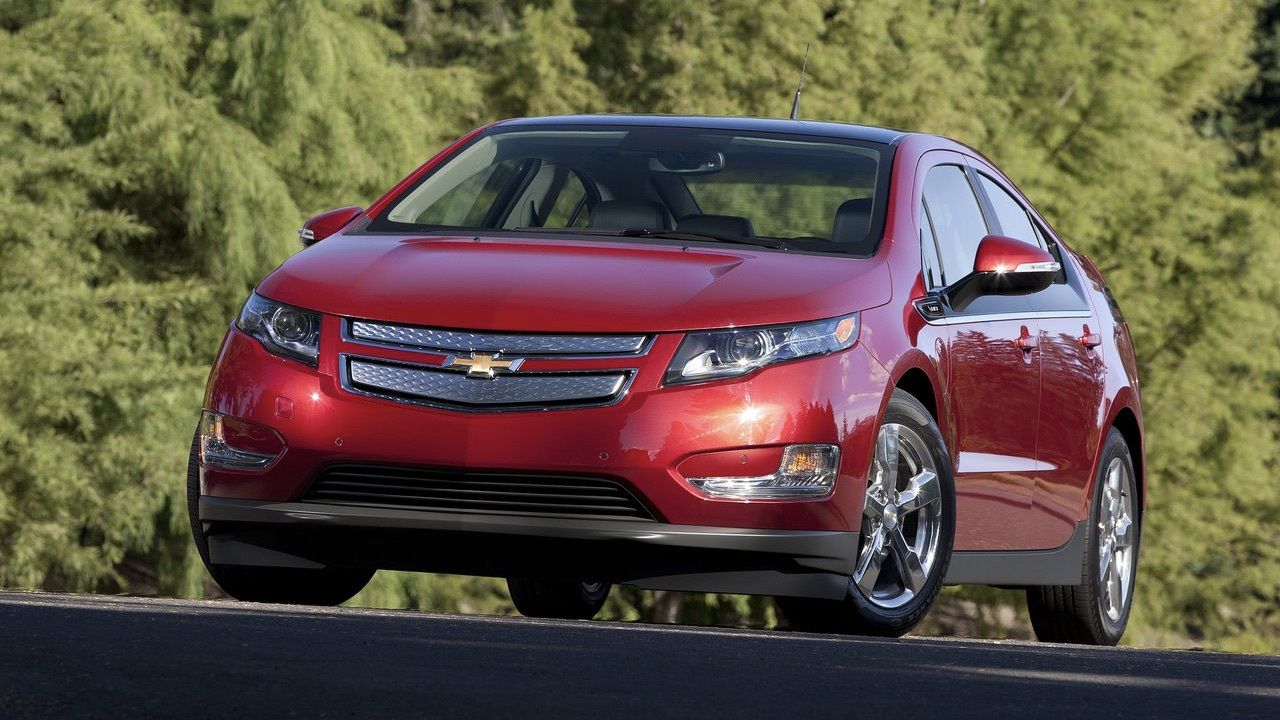
It’s a technology that we know well, the Chevrolet Volt (from 2011 to 2018) was the queen of it for years before its abandonment. The operation of this technology is very simple. We integrate a larger battery which allows longer autonomy on full charge. When the battery runs out, it is recharged by a thermal engine, usually of small displacement. Basically, the heat engine is nothing more and nothing less than a generator integrated into the vehicle.
What models?
For now, Mme Boyle obviously refuses to say which models will be eligible for this technology, but we know that compact and intermediate sport utility vehicles are ideal. It would therefore not be surprising if the next generation of the Hyundai Palisade and Tucson benefit from it. It would even be very possible to see this type of engine arrive in the current generation of the Santa Fe.
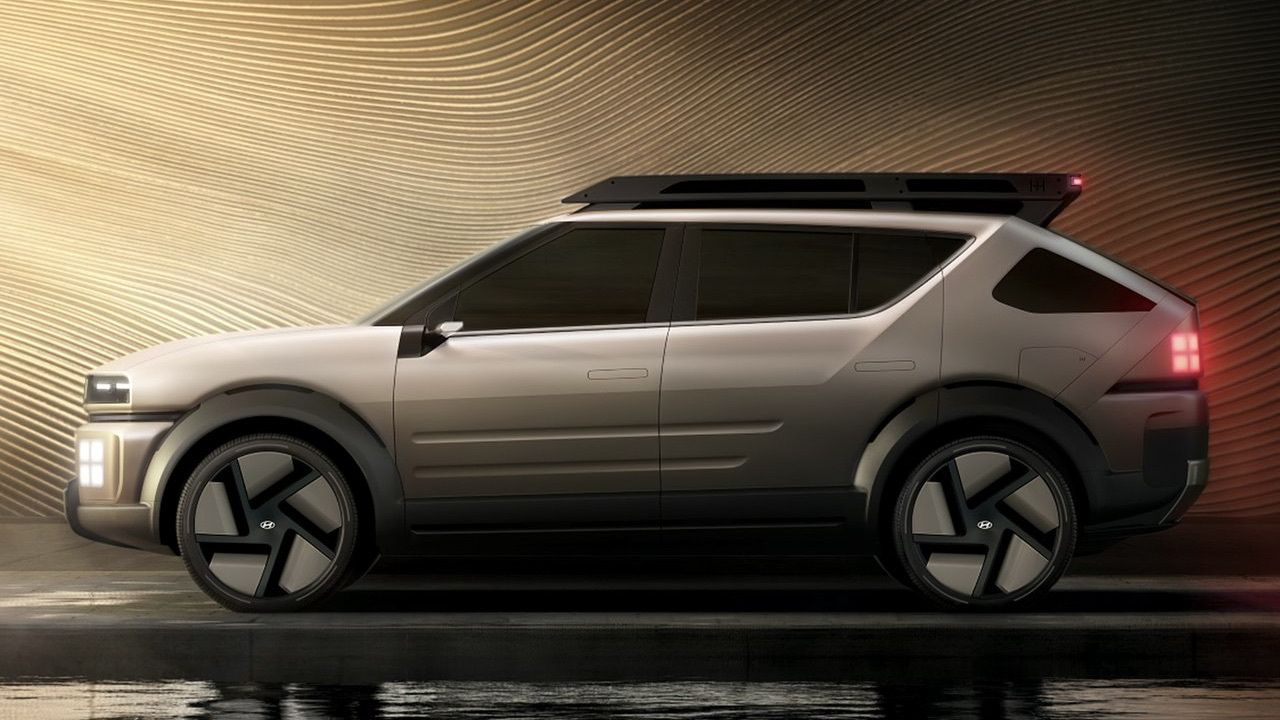
And electric and hydrogen
At the same time, the South Korean manufacturer will continue to actively develop its electric and hydrogen technologies. In this vein, Hyundai recently unveiled the Initium concept which sets the table for the successor to the Nexo, an SUV which runs on a hydrogen engine and which is still sold in Canada.
MIGHT INTEREST YOU

